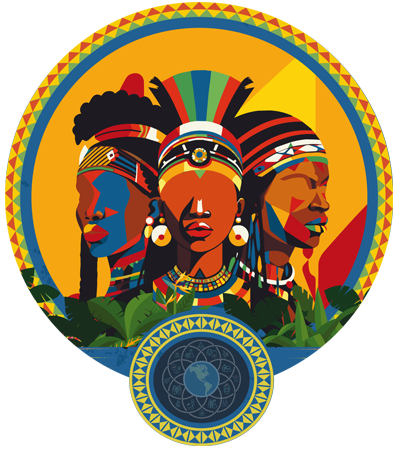Ethnicity and Health
The PAHO recognizes the need to ensure a differentiated approach that promotes interculturality in addressing health issues and prioritizes ethnicity as a cross-cutting theme throughout the Organization, essential for health equity and grounded in a human rights-based approach. In 2017, the PAHO Member States unanimously approved the first Ethnicity and Health Policy, which underscores the necessity of an intercultural equity-based approach to enhance health outcomes and move towards universal health coverage.
Maternal and infant mortality
An intercultural approach promotes the equitable interaction among different cultural groups; perceives health as a right, and implies the capacity of health workers to integrate their own knowledge with traditional beliefs and practices not only in relation to disease care, but also with regard to health promotion and death monitoring.
Infectious diseases
Tuberculosis -"Tuberculosis continues to represent a severe public health problem in the Region of the Americas, even more so in the case of indigenous peoples, whose TB incidence is much higher than that of the general population. To achieve tuberculosis control in these communities, it is necessary to respond to communities’ diverse needs from an intercultural perspective that allows the application of a holistic approach—from a standpoint of equality and mutual respect—and considers the value of their cultural practices."
Malaria - "Countries should reinforce their capacities toward resilient health systems in malaria-endemic areas and strengthen especially health care as a mechanism to deliver malaria services to affected groups such as indigenous peoples, migrants, miners, and hard-to-reach populations."
VIH/Hepatitis - "HIV, viral hepatitis and sexually transmitted infections share modes of transmission and common interventions. They are also shaped in similar ways by social and structural determinants of health, such that communities facing poorer socioeconomic conditions, or discrimination, including discrimination experienced by key populations, experience greater vulnerability to infection and worse health outcomes"
Workshop on Biodiversity, Traditional Knowledge & Health Well-being
 The value of biodiversity and traditional knowledge extends beyond health. It is intricately linked to biodiversity and natural resource management, as indigenous communities have often developed a deep understanding of their natural surroundings, the medicinal properties of various plants and of components of biodiversity that also support food security, livelihoods, nutrition, biocultural diversity and other dimensions of health and well-being.
The value of biodiversity and traditional knowledge extends beyond health. It is intricately linked to biodiversity and natural resource management, as indigenous communities have often developed a deep understanding of their natural surroundings, the medicinal properties of various plants and of components of biodiversity that also support food security, livelihoods, nutrition, biocultural diversity and other dimensions of health and well-being.
Preserving traditional knowledge is essential for the conservation and sustainable use of biodiversity, and to meeting the global commitments made under the Sustainable Development Goals (SDGs), the Kunming Montreal Global Biodiversity Framework (KMGBF), and the Paris Climate Agreement.
To read more
- Pan American Health Organization - Cultural Diversity and Health
- Window of Knowledge - Traditional Medicines of the Americas
- Traditional Complementaty and Integrative Medicine Global Summit - PAHO|WHO
Associated links
- United Nations Declaration - Rights of Indigenous Peoples
Acknowledgment to
DHE EG
This page was created in collaboration with DHE EG.
